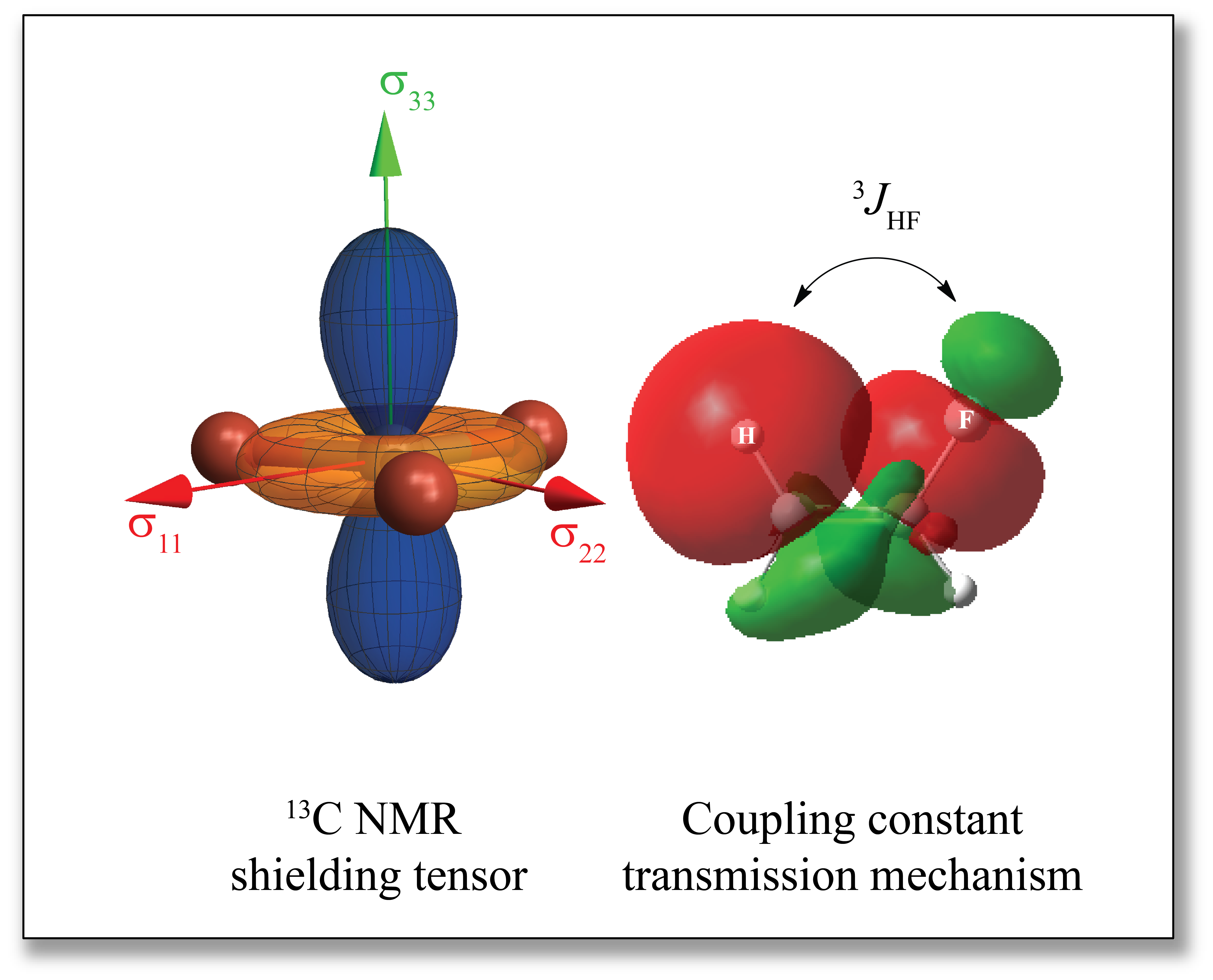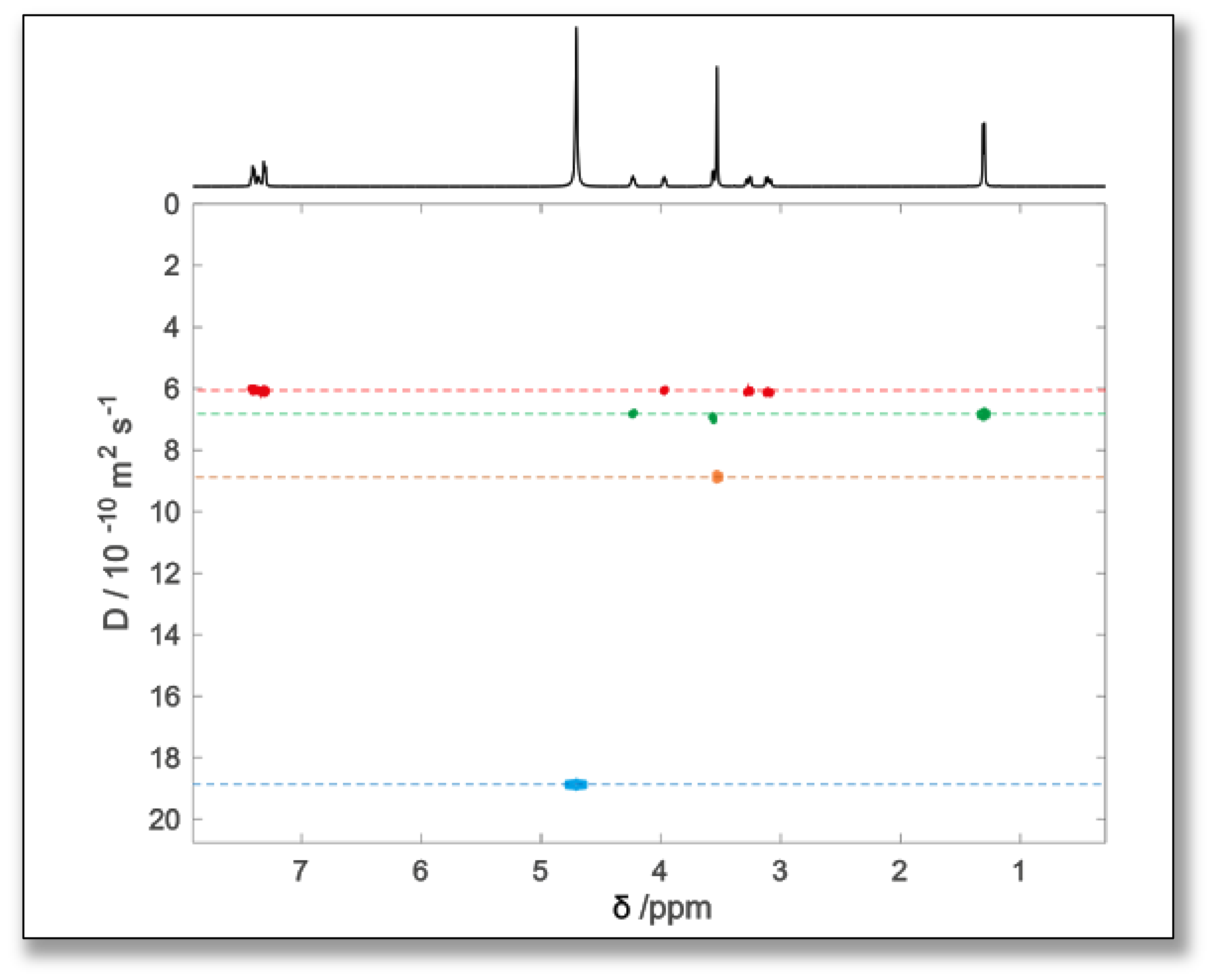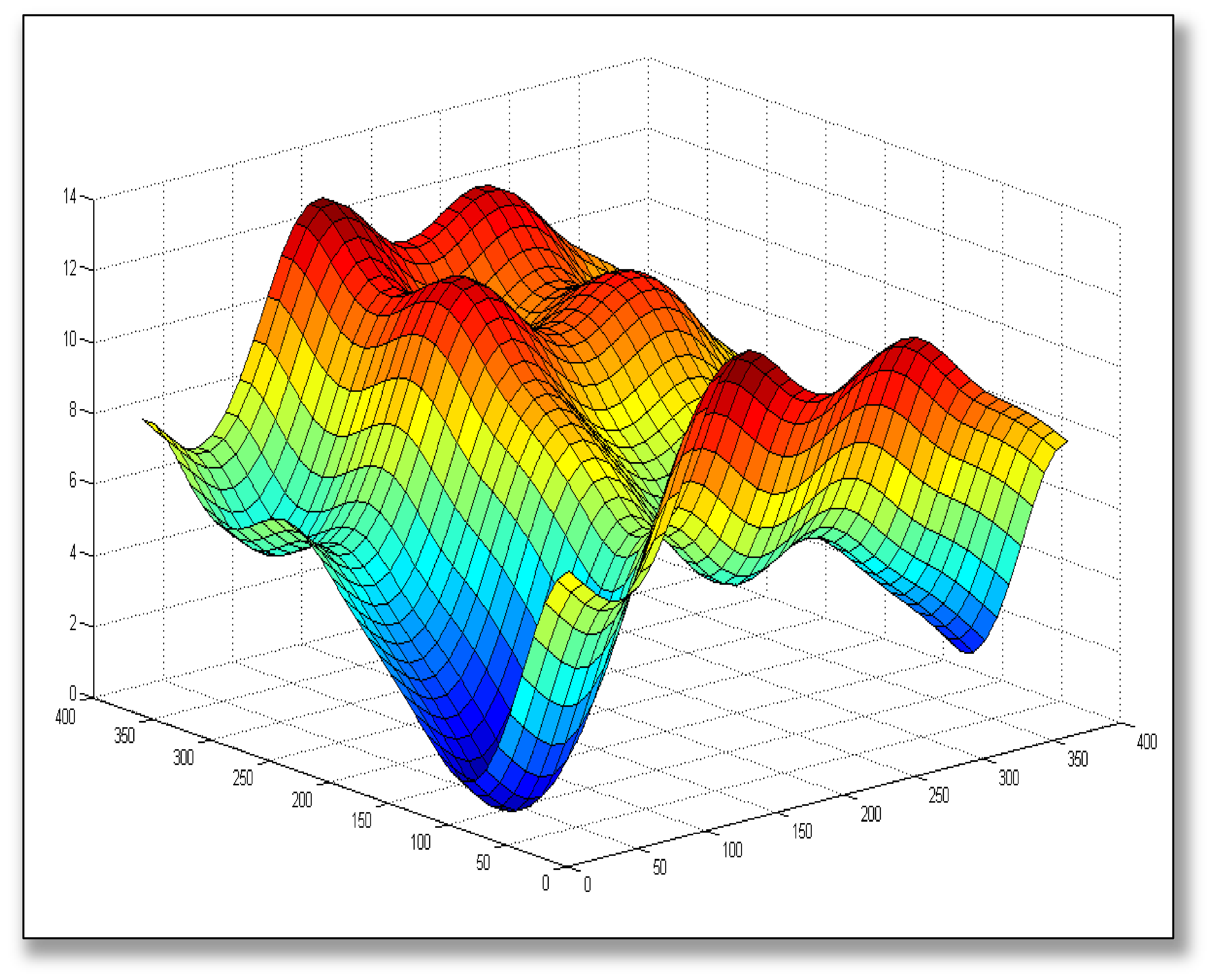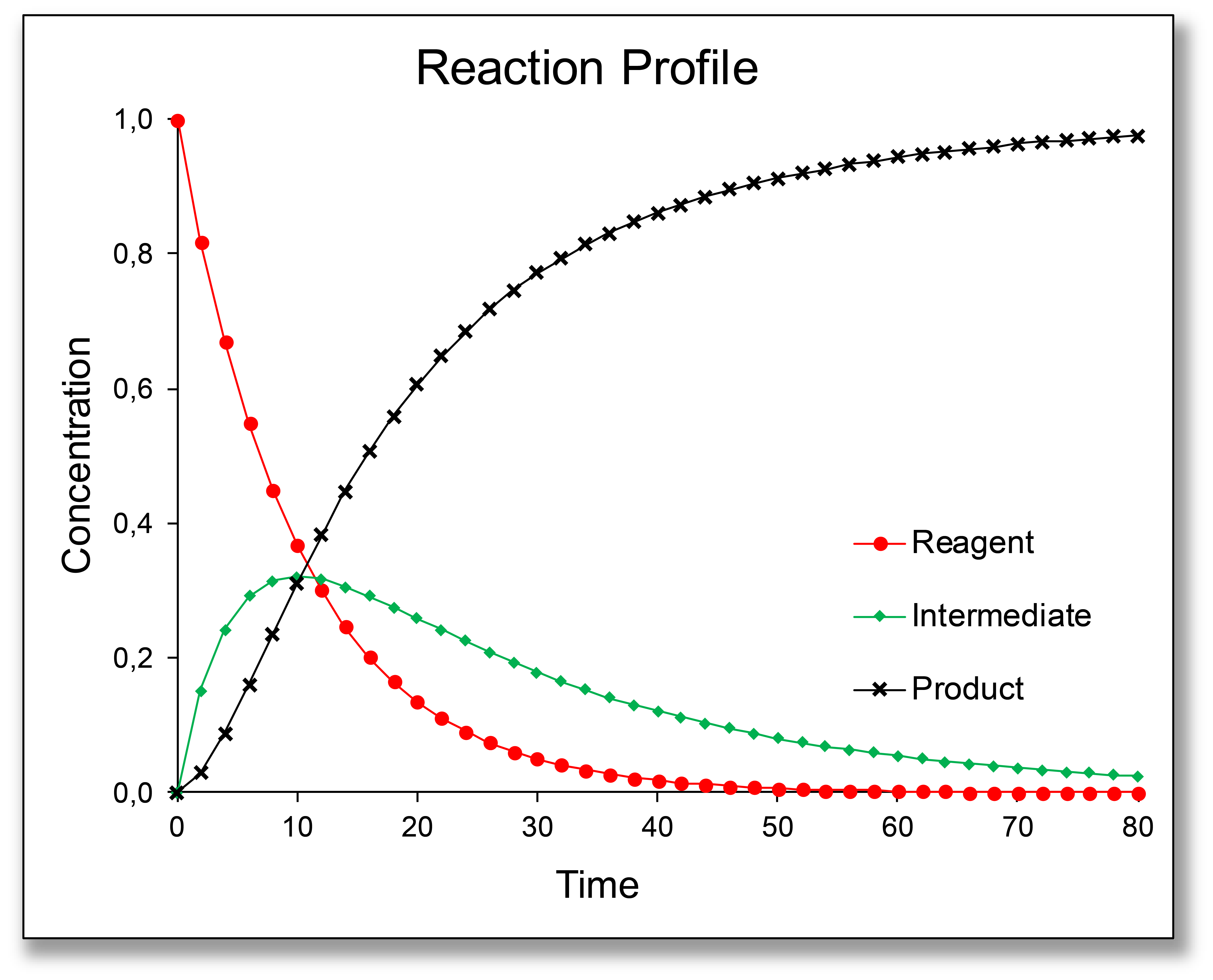Research
Theoretical NMR parameters
Our research has focused on NMR parameters providing new insights into nuclear shielding tensor (σ) and indirect spin-spin coupling constant (J). We are particularly interested in understanding NMR experimental trends through quantum chemistry. We also make use of theoretical calculations to evaluate the role of stereoelectronic interactions on NMR parameters, which has allowed a detailed interpretation of nuclear shielding and the transmission mechanisms of J.
Diffusion Ordered SpectroscopY (DOSY)
In our group, molecular diffusion was measured using NMR spectroscopy to separate signals from different species due to their diffusional behaviour (Diffusion-Ordered SpectroscopY, DOSY) to evaluate/determine the number of different molecular species present in a mixture for example. In the most difficult cases, when compounds diffuse at the same rate (as is common for cognate species), we usually manipulate the matrix in which they diffuse, analogous to what is done in chromatography, adding for example a surfactant to differentiate each specie present in the mixture. This strategy was dubbed matrix-assisted DOSY (MAD) experiments.
Conformational Preferences
It is well known that atoms in a molecule will adopt some preferential spatial arrangement depending on the stereoelectronic interaction involved in each molecular system. In our group the conformational preference of small organic molecules, is determined applying NMR spectroscopy to measure scalar spin-spin coupling constant. Quantum mechanical calculations are used to obtain the energies, geometries and NMR parameters for the most stable molecular arrangement. Combining experimental and theoretical NMR data, allow us to determine the conformational preference as well as the orbital interactions responsible for these preferences.
Reaction Monitoring
Recently our group started to apply
1H and
19F NMR spectroscopy in real time to evaluate the profile of some organic reactions intent to shed light in the mechanism involved in such reactions. We also started the application of real time
1H and
19F NMR DOSY experiments to evaluate the stability of some drugs against stress tests. The developed approach is based on
1H and
19F diffusion (DOSY) measurements and in a set of 1D and 2D base NMR spectra, which allow us to determine the degradation profile and the molecular structure for degradation products and in some cases for the intermediates as well, with advantage that the whole degradation profile can be determined using a single NMR tube containing the desired drug.







